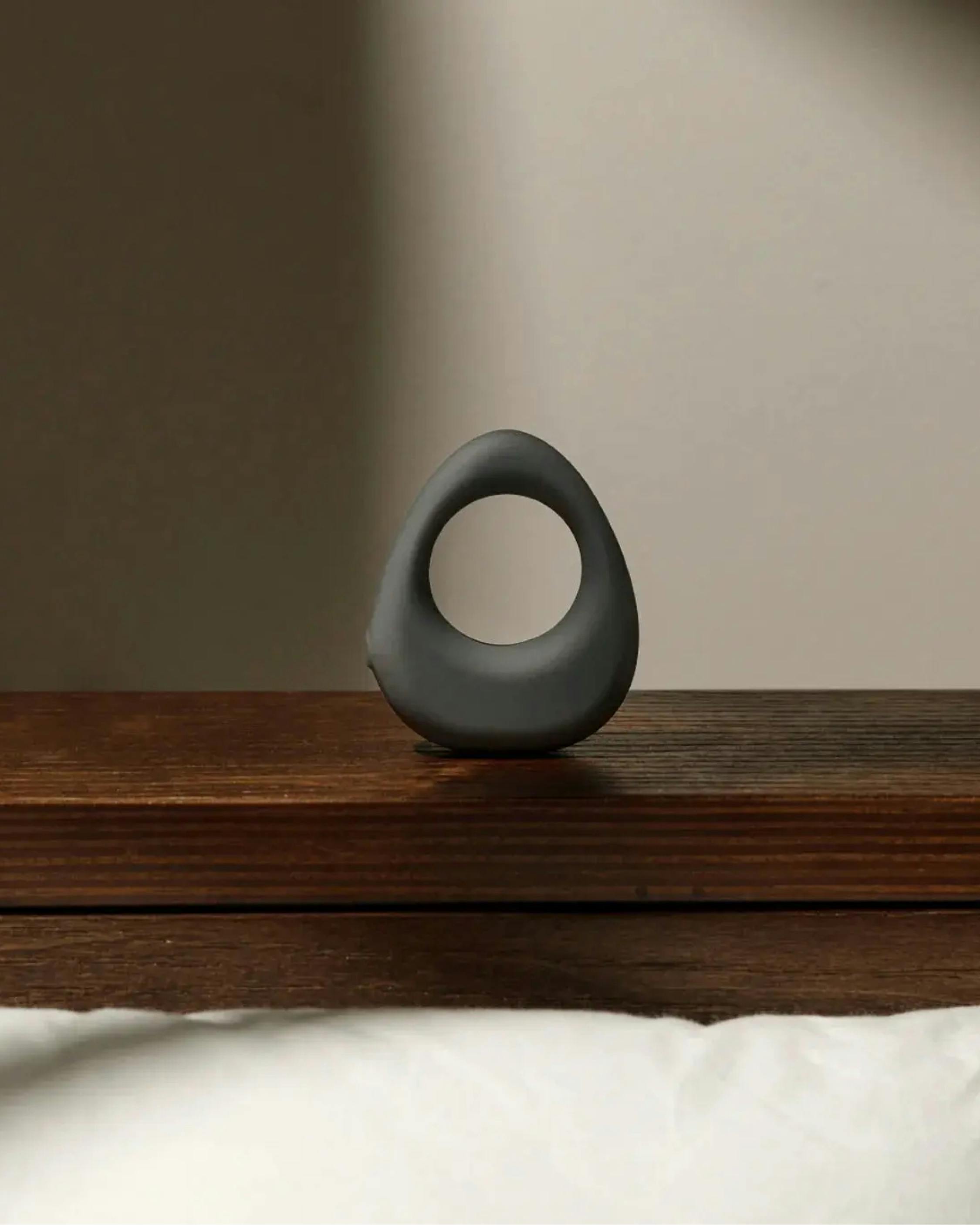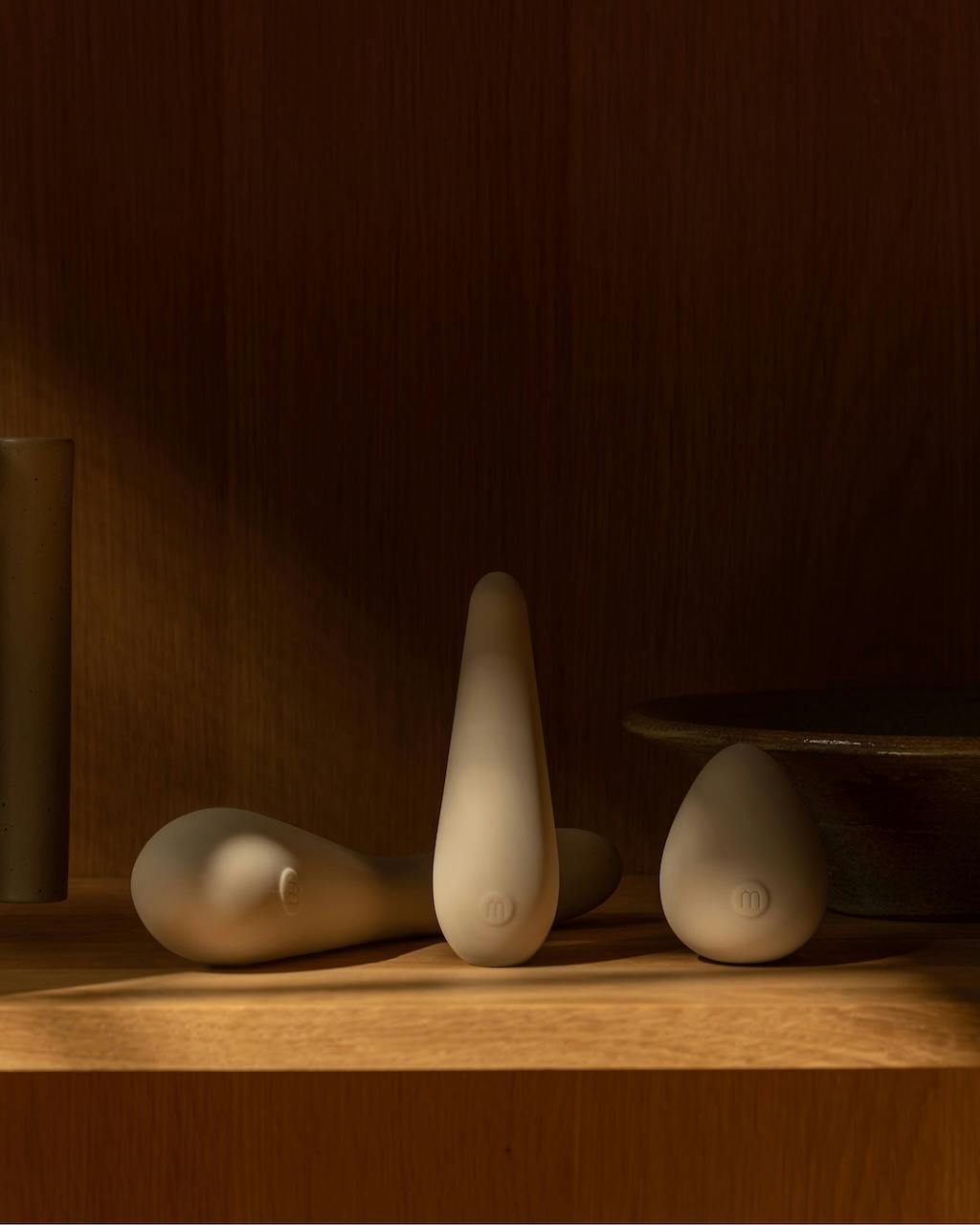0 minute read
Solo Sex: How to Self Pleasure Well
Sex therapist and Youtimer Aleksandra Trkulja encourages you to remove the goal from masturbation and slow down your solo sex practice to deepen your connection with self.
Rubbing out out, having a wank, flicking the bean... whatever you call it, many are doing it
But are we doing it well?
Many of the clients I see report struggling with their solo sex practice.
Masturbation - or solo sex - involves touching parts of your own body for sexual pleasure. It’s an incredibly common sexual behaviour that is free, accessible, and healthy.
In fact, 78% of adults in the world are masturbating. And 57% of millennials are masturbating weekly, more than any other age group (TENGA, 2022). We’ve also seen a rise in solo sex practices, and sex toy use since the pandemic hit (Coombe et al., 2021).
Of those who masturbated, gay and bisexual people were 20% more likely to masturbate weekly than their heterosexual counterparts (TENGA, 2022).
But it’s not just adults who enjoy solo sex. 91.1% of teenagers were masturbating, with young men doing it more than young women or gender diverse folk (Kauer et al., 2022).
Masturbation can happen at any age, and this is completely healthy and normal.
There are many reasons why we should have solo sex.

BENEFITS OF MASTURBATION INCLUDES
+ Stress relief
+ Pain relief due to endorphin release
+ Metabolism boost
+ Stronger pelvic floor muscles
+ Relaxation
+ Improves sleep
+ Is a form of safer sex - you can’t get pregnant or catch an STI
+ It allows you to get to know your body
+ It can be done with others - called mutual masturbation
+ Practicing it can boost confidence and self-esteem
Looking at this list, masturbation appears to have benefits some medications can offer, but it’s free!
As a sex therapist, I always ask about masturbation behaviour in clients. This is because our relationship to our bodies, our pleasure and masturbation is important.
I want to know how people engage with their pleasure because it often reflects how they engage with it in partnered sexual contexts too.
MASTURBATION IS OFTEN GOAL ORIENTED
Meaning, many people who are masturbating will focus on the end goal of orgasm or ejaculation.
When asked, many of my clients state their relationship with masturbation is to ‘get it over with’, and some will spend as little as 2-3 minutes doing it.
This ‘rub one out’ mentality of masturbation is often paired with the use of pornography.
My concern around this kind of engagement with masturbation is that people can become disconnected, or dissociated from their bodies. This might become habitual, and start to happen during partnered sex too.
I also notice that many clients who masturbate in this way experience a lot of performance anxiety.
They’re often preoccupied by their own sexual function, worrying about whether they’re hard enough, wet enough, or orgasming enough/at all.

The way you have sex with yourself can reflect how you engage with pleasure with other people.
So instead of disconnecting and being preoccupied with sexual function, I invite people to consider reframing their experience as self-pleasure, and slowing things down.
Self pleasure is different to masturbation in that it is not defined by ejaculation or orgasm, but by our curiosity to explore pleasure, and enjoy sensation whatever that looks like.
Sure, an orgasm or ejaculation might happen, but your pleasure and satisfaction isn’t dependent on if it does.
Masturbation = goal-oriented, which can enable performance anxiety. Self-pleasure = pleasure-oriented, and reduces pressure for ‘performance’ to occur.
TO SLOW DOWN YOUR SELF-PLEASURE, I'D ENCOURAGE THIS
+ Expand your self-pleasure resources. Consider buying new toys, and using lubricants. Lubricants can be a great way to explore new sensation, especially with penetration. A water based lube is always recommended with silicone toys. You can also explore what it’s like to use different kinds of toys, whether that be vibrators, air suction technology, crystal, glass or metal wands.
+ Give yourself permission to take up time exploring. Set time aside to explore your body.
+ Consider Pleasure Mapping, an exercise you can learn more about here.
+ Focus on all of your erogenous zones, not just your genitals. Notice what sensation feels good where.
+ Stay present in your body by checking in with your 5 senses. Notice the sights, sounds, touch, tastes or smells that build eroticism and arousal.
Slowing down your pleasure practice can seem counter productive, or anxiety provoking for some. But really, it’s just about taking the time to be present in a body that has the ability to bring you pleasure, and appreciating that experience.
We spend a lot of time in our heads; planning, thinking, processing, deliberating. So when you finally come into your body, whether that’s eating a meal, having a shower, or during solo sex, why not linger there? You may find that being embodied leads to more pleasure.
There are so many benefits to solo sex, and self-pleasure. To broaden your satisfaction, consider slowing down your pleasure practice. This can help to reduce performance anxiety, and allow you to feel more embodied during solo sex.
References
- Coombe J,. et al. (2021). Love during lockdown: findings from an online survey examining the impact of COVID-19 on the sexual health of people living in Australia Sexually Transmitted Infections. 97:357-362.
- Kauer S., et al. (2022). Victorian young people and sexual health 2018: findings from the 6th National Survey of Australian Secondary Students and Sexual Health. Australian Research Centre in Sex, Health and Society, La Trobe University; 131:136.
- TENGA Self-Pleasure Report (2020). https://usstore.tenga.co/pages/globalreport
Aleksandra Trkulja
Certified Sex Therapist & Clinical Counsellor
Share